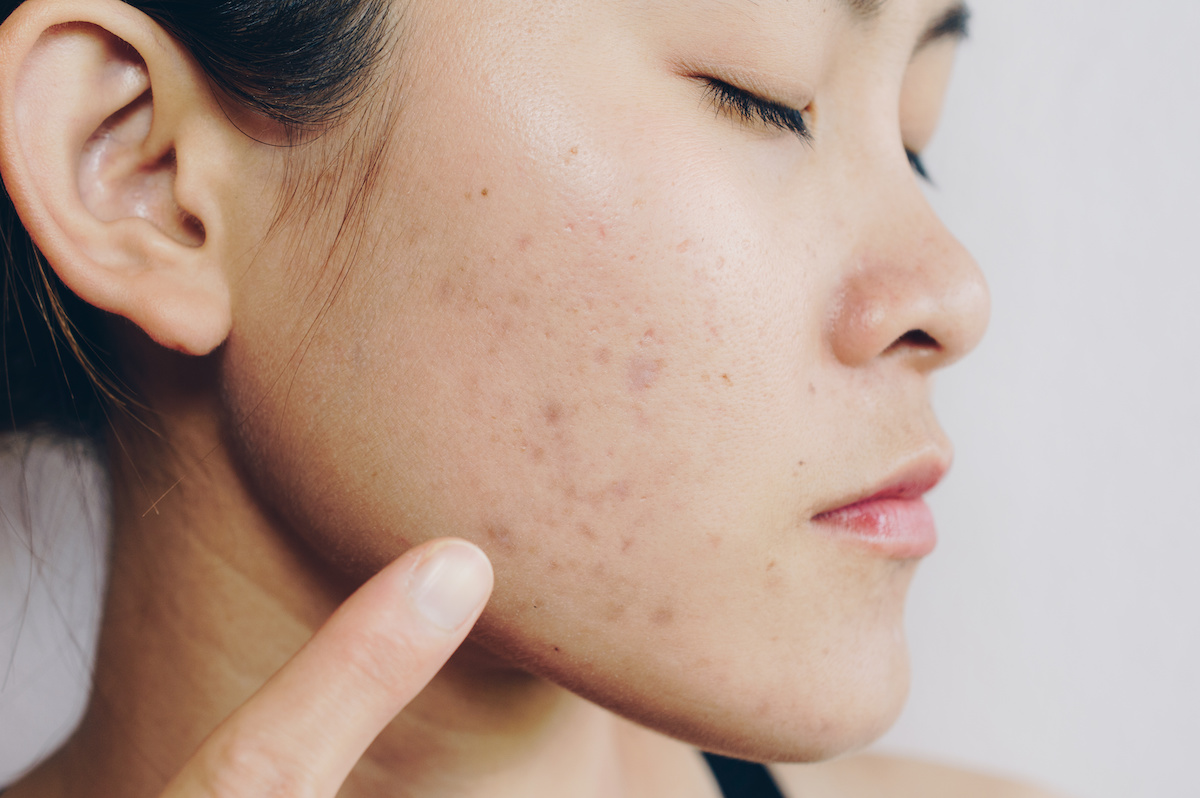 Every good provider will walk you through what to expect before, during, and after any procedure including scar reduction. They will also give you a list of recommended post-treatment steps to make your skin healthy and to reduce any symptoms or risk of complications after a procedure.
Every good provider will walk you through what to expect before, during, and after any procedure including scar reduction. They will also give you a list of recommended post-treatment steps to make your skin healthy and to reduce any symptoms or risk of complications after a procedure.
If you’re considering scar reduction and you want to have as much information as possible before deciding on the procedure, knowing what to expect can help. Here are three key steps you should know after the surgery:
Don’t raise your blood pressure or strain the affected skin tissue.
“After a scar reduction procedure, the treated area will be very sensitive and fragile. Raising your blood pressure could increase the risk of bleeding,” shares Jennifer Jordan, certified physician assistant at Sanova Dermatology. “So you will need to put off all strenuous activities for the seven to ten days following the procedure,” she continues. This includes everything from strenuous exercise to lifting items off the ground.
If you do notice mild bleeding following activity, carefully apply pressure to the area. If that doesn’t control or slow the bleeding, you will want to contact your doctor.
Take proper pain medications before you need them.
Just like with all medical care after procedures and surgeries, don’t wait until any discomfort is noted before taking your prescribed or recommended pain medication.
Also, double-check with your doctor about your existing prescriptions. “Some medications thin the blood or increase the risk of bleeding, such as aspirin,” she explains. Your dermatologist can recommend appropriate alternatives or pain medication following your procedure.
Use cold compresses to reduce swelling.
Mild swelling is to be expected and is one of the most common side-effects of any surgical procedure. “On and off application of cold cloths and ice packs can help to reduce swelling in and around the affected tissue,” suggests Jordan. If the swelling seems significant, contact your provider. The swelling should quickly go down after the third day, especially with cold compresses to reduce the symptoms and discomfort.
If you want to learn more about what to expect from scar reduction, schedule an appointment with your dermatologist.
